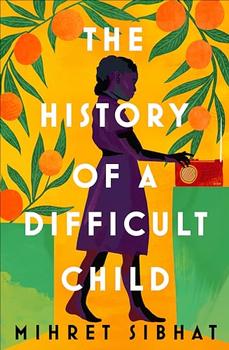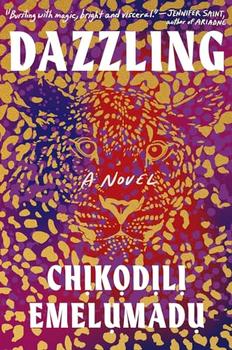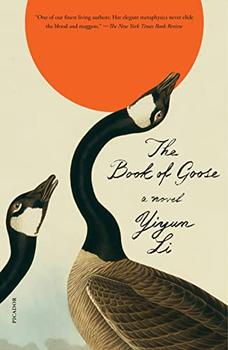Summary | Excerpt | Reading Guide | Reviews | Beyond the book | Read-Alikes | Genres & Themes | Author Bio

A Novel
by Mihret SibhatMihret Sibhat's debut novel, The History of a Difficult Child, takes place in a small, unnamed town in southwestern Ethiopia, in which everybody lives in a state of constant unease or fear. It's ten years after Ethiopia's socialist revolution, and any act, benign or not—leaving a flag tangled up, or listening to the radio for news about Ethiopia's famine and war against guerilla groups—might be deemed counterrevolutionary and reportable by one's peers to local government, leading to arrest or worse. The Asmelashes—a former landowning family who lost their compound and servants in the revolution but are far from destitute—are disliked and ostracized in the town. This is especially true for Degitu, the matriarch, who is simultaneously mythologized for being good at everything she tries, resented but admired for her toughness, and pitied for her mysterious, painful ...

BookBrowse's reviews and "beyond the book" articles are part of the many benefits of membership and, thus, are generally only available to subscribers, including individual members and patrons of libraries that subscribe.
Join Today
If you liked The History of a Difficult Child, try these:

by Chikodili Emelumadu
Published 2023
The Girl with the Louding Voice meets The Water Dancer in Chịkọdịlị Emelụmadụ's magical, award-winning literary debut, Dazzling, offering a new take on West African mythology.

by Yiyun Li
Published 2023
A magnificent, beguiling tale winding from the postwar rural provinces to Paris, from an English boarding school, to the quiet Pennsylvania home where a woman can live without her past, The Book of Goose is a story of disturbing intimacy and obsession, of exploitation and strength of will, by the celebrated author Yiyun Li.






Your guide toexceptional books
BookBrowse seeks out and recommends the best in contemporary fiction and nonfiction—books that not only engage and entertain but also deepen our understanding of ourselves and the world around us.